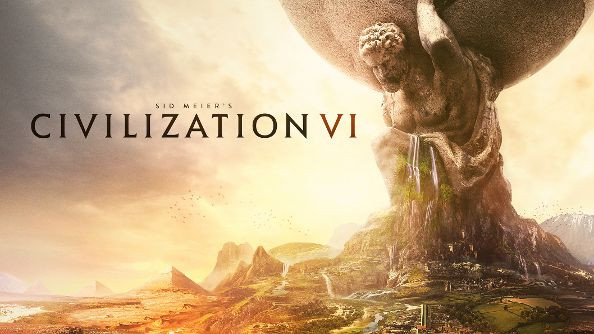In an interview with Game Informer , Civilization 6 lead designer Ed Beach and associate producer Sarah Darney spoke about some of the changes to core gameplay the latest iteration in Sid Meier ’s blockbuster 4x strategy series will bring.
First and foremost, the team wanted to dissuade Civilization 6 players from utilizing the same strategy over and over again. “We always saw discussions about dominant strategies, like, 'Get the Great Library and go into these policy trees and build this way,’” said Beach. “We built a game with so many options, but so much of the community is playing it this same way with the same pattern, and we want to shake that up and adjust to the map and leaders they are faced with to come up with other solutions, to rethink their strategic approaches every time they play the game.”
In order to make players switch their strategies around rather than sticking with the same strategies game after game, the Civilization 6 team has introduced a few new concepts. The first of those concepts is “unstacking the cities.”
What does that mean? Your city won’t be a tightly protected nexus anymore - instead, important pieces of your city known as “districts” may be up to three tiles out from the city’s heart.
“For instance, let’s take the science district,” Beach said. “This is a prerequisite to building science buildings. What’s going to happen is that the exact tile you choose to place that district will be an important decision, as scientists will work better in different tiles. So tiles with more lifeforms like rain forests or something on a mountain to observe the stars would be more valuable. We have 12 different kinds of districts you can place around your city. They require a certain amount of population, so you are going to have to make choices about what kind of districts to build based on what resources you have available.”
The next change that’s meant to make players adapt to the unique situation of their current game is an active research system that offers huge bonuses for specific research. These bonuses are based on variables that change each game. While players aren’t dissuaded from researching whatever they like, the boost system means that using the same progression path game after game won’t be as useful a strategy as it is in Civilization 5.
“Let’s take masonry. In order to do masonry well you need the type of materials to put together for walls or pyramids or whatever,” Beach said. “So if you’re in the middle of a grassland and there’s no stone around, it’s going to be tough for you to be really good at masonry. So if you can find a resource like that, like a quarry, as soon as it’s up and operational, we unlock a boost toward masonry, which will give you 50 percent of the cost for that technology. Similarly, this will work for say maritime technology for setting up on the coast. If you’re on the coast putting in the time on those areas, you’re now getting bonuses for those technologies. That part of the tech tree will naturally unlock for you as a result of the boost.”
“A lot of it is based on the map and what’s around you,” Darney added. “So it changes each game.”
Finally, diplomacy will undergo some important tweaks as well. First, each leader has a historical agenda based on that leader’s actual record, which impacts what acts of yours they actually care about.
“Let’s take a leader who built a whole bunch of wonders,” said Beach. “In our universe, that leader is going to feel like he’s better than anyone else in world history at building wonders, and that should be reflected every time they are in a Civilization game. Wonder obsessed. So that civilization will get a bonus toward building wonders, but they also get an obsessive personality where he will get angry if anyone else is building more wonders than they are. So you might have a strategy where you always go for Stonehenge and Hanging Gardens so you grab those right away. If this guy is next to you and he sees you doing this, he’s going to be up in arms and invading your borders."
The leaders will also have a hidden agenda that changes from game to game, so no matter what the opposing leader’s core personality might be, you’ll have to be alert to these dynamic traits and adjust your diplomatic strategy accordingly.
In addition to these huge changes to core gameplay, Civilization 6 promises an emphasis on shorter multiplayer sessions that will get game times down to as little as one or two hours.
Civilization 6 has a release date of October 21. Watch the release trailer for Civilization 6 below:


















